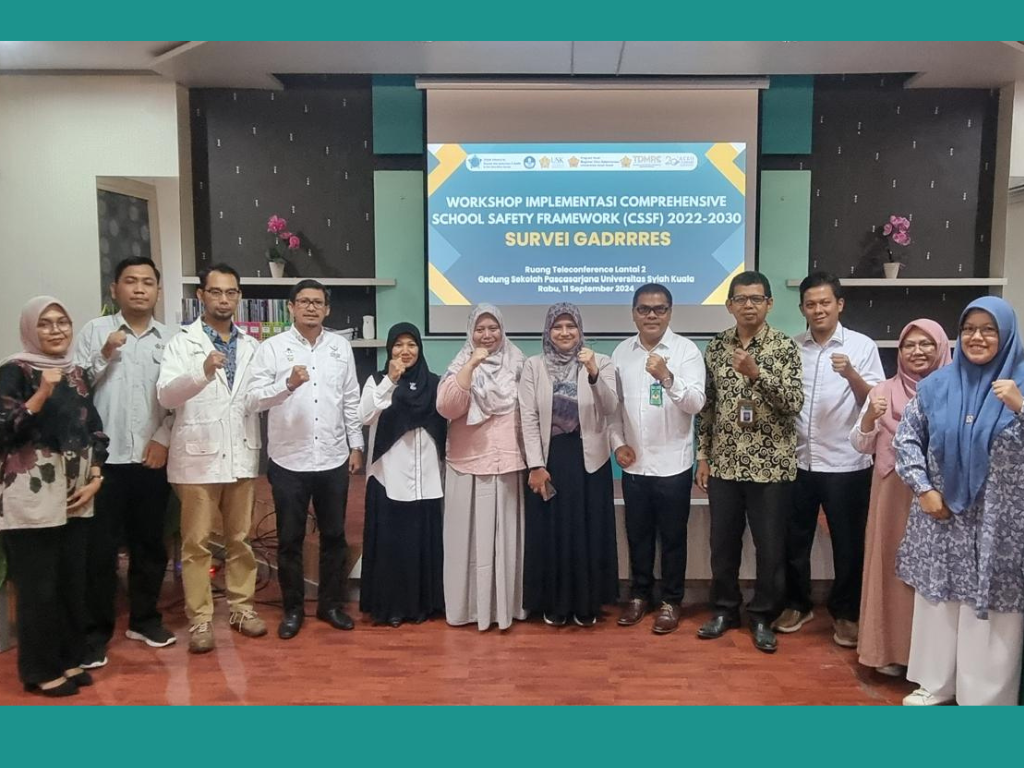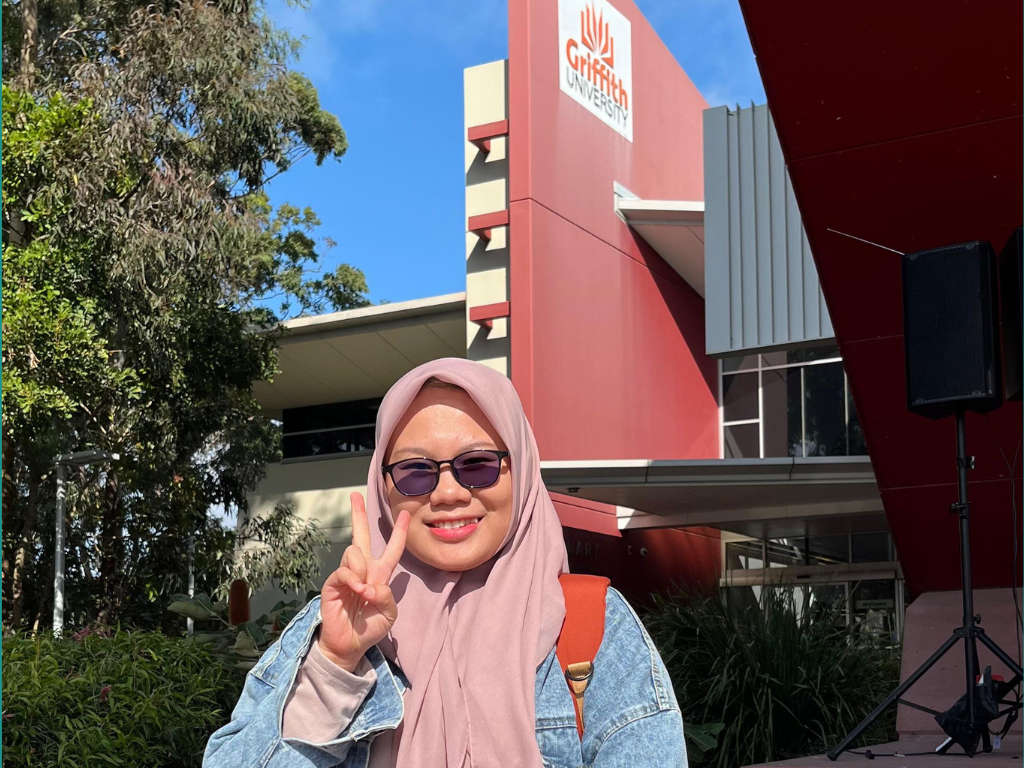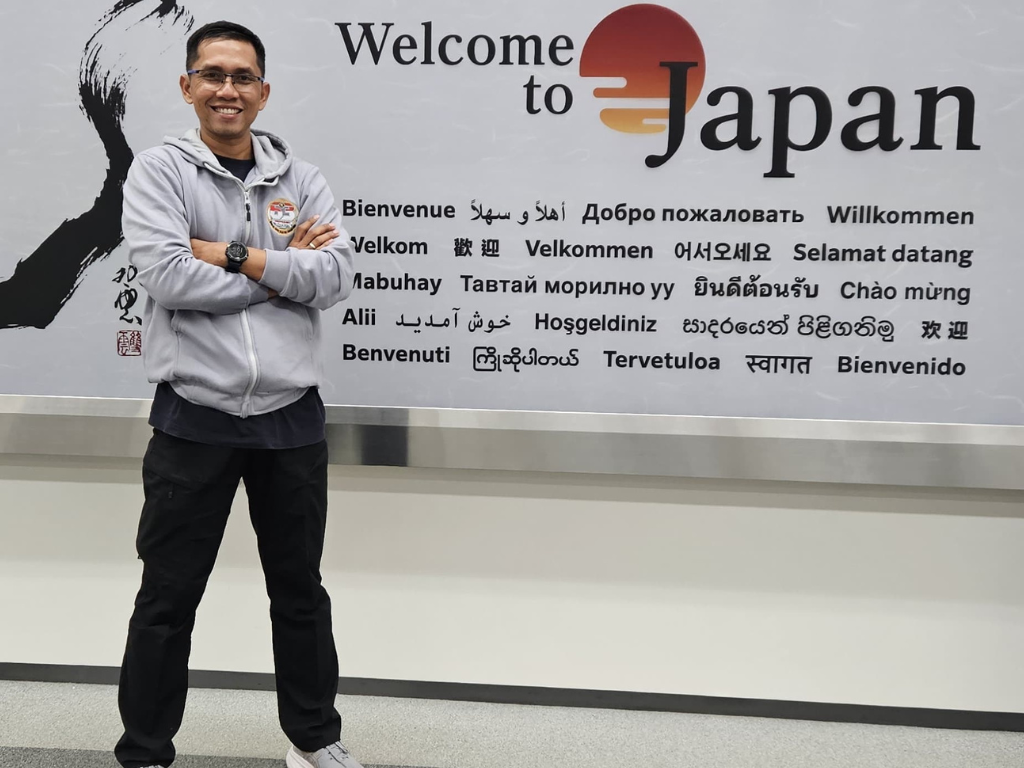The Graduate Program in Disaster Science program at USK, in partnership with the CSEAS at Kyoto University, conducted a workshop titled “The Role of Women and Family Functions in Building Community Resilience across Three Phases of Crisis (Conflict, Tsunami, and Covid-19 Pandemic).” The workshop took place on August 26, 2023, featuring esteemed speakers, all women activists from diverse backgrounds. These included Illiza Sa’aduddin, a politician; Khairani Arifin, a women’s rights activist; Syafwina, an artist with a cultural background; Dr. Ir. Nurjannah Ismail, M.Ag., a female scholar; and Assoc. Prof. Nishi Yoshimi, a Japanese researcher specializing in Aceh from CSEAS Kyoto University.
The event was inaugurated by Dr. Rina Suryani Oktari, the Head of the Graduate Program in Disaster Science, who in her opening remarks emphasized, “Today’s workshop stems from our ongoing research on the role of women during the three phases of crisis. The research is still in progress, yet it has already unearthed compelling insights. Among these revelations is the obscured struggles faced by numerous women. It is our hope that this endeavor will unveil the exceptional contributions of these women and perpetuate their legacies.”
The four-hour workshop captivated and engrossed participants through the anecdotes and narratives shared by the speakers. Hosted by Ms. Suraiya Kamaruzzaman, the event witnessed the participation of 50 attendees gathered at the Mini Theater Room of the Graduate School Building at Syiah Kuala University, as well as virtually through the Zoom platform.
During their presentations, each speaker recounted personal experiences pertaining to their roles in advocating for women’s rights and their endeavors to engage in diverse decision-making processes. Illiza Sa’aduddin underscored in her presentation, “Without women’s involvement in various decision-making processes, stagnation and poverty are likely consequences. The key lies in bolstering women’s roles, commencing with fortified policies, empowerment initiatives, protective measures, and designated budget allocations.”
The workshop received an enthusiastic response from both the in-person and online participants, as evident through their active engagement in posing questions and expressing a desire for further similar initiatives. In a subsequent interview, senior journalist Yarmen Dinamika, who also attended the workshop, shared, “This workshop was both intriguing and inspirational. It illuminated the fact that Acehnese women have confronted three distinct periods of crisis—conflict, tsunami, and the Covid-19 pandemic—simultaneously. This sets them apart from the majority of Indonesian women hailing from other regions. The amalgamation of these crises has forged a heightened empowerment and responsiveness among Acehnese women in dealing with crisis situations, including natural disasters. Furthermore, these crisis situations have served as arenas for Acehnese women to both fight and learn. They’ve navigated through arduous circumstances that demanded success. Let us hope that no crisis surpasses the severity of the three phases of crisis endured by Acehnese women.







